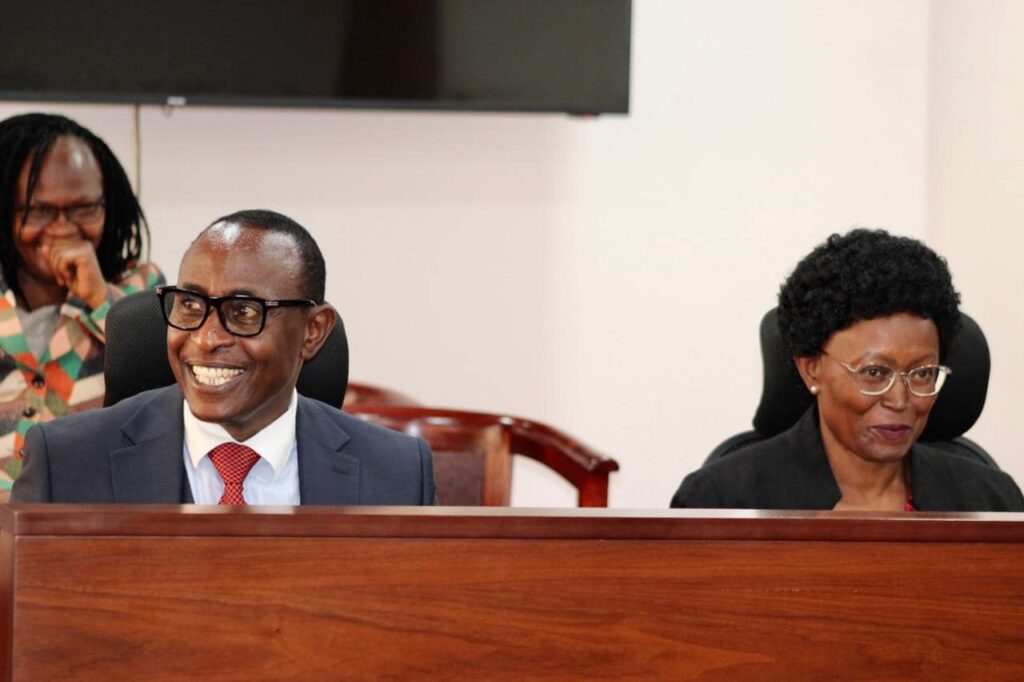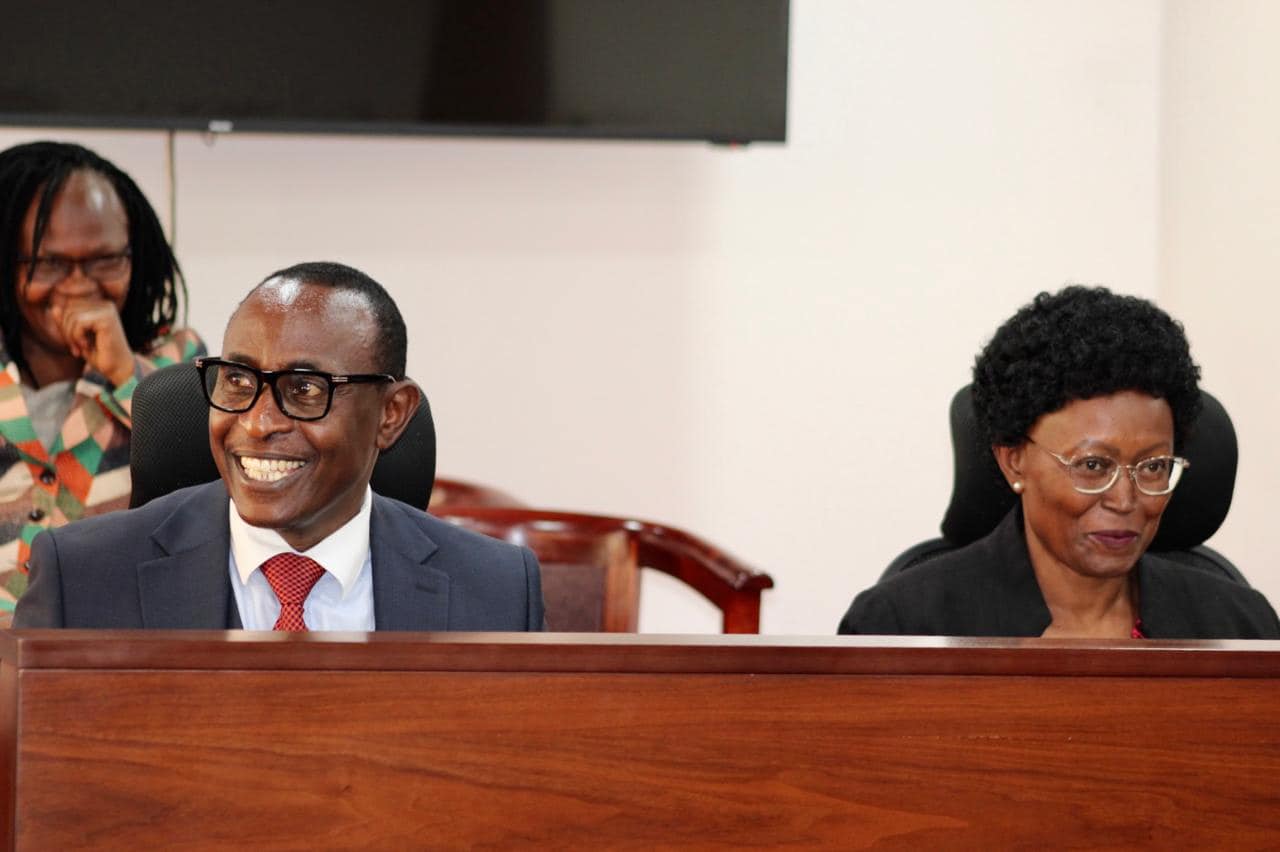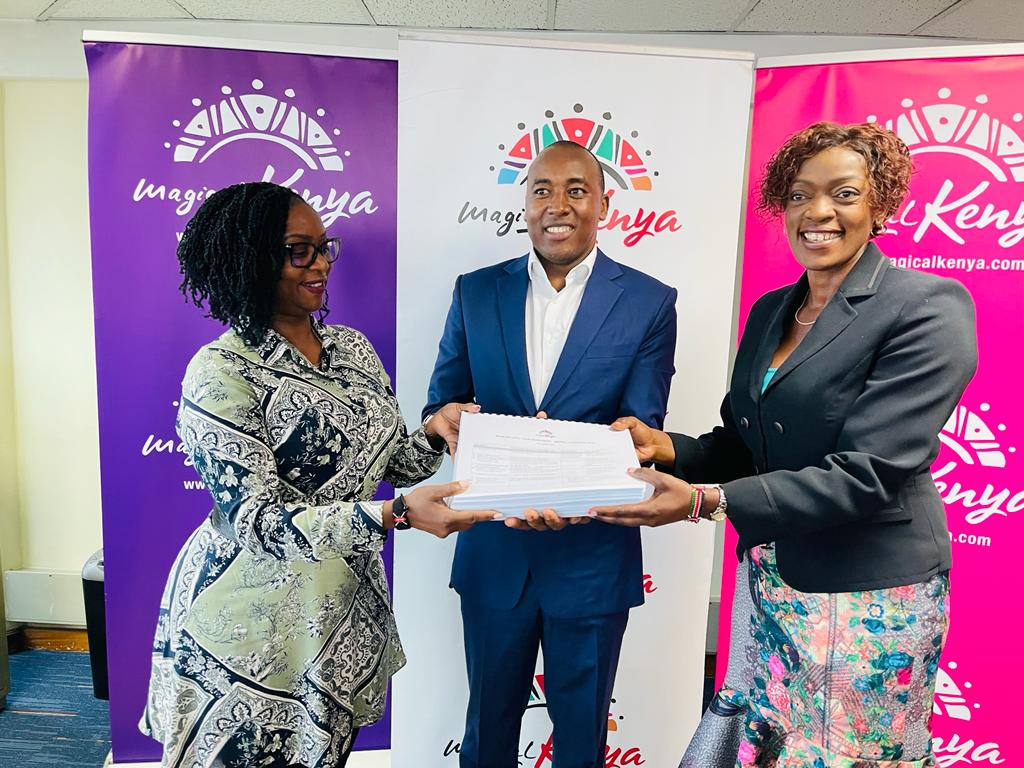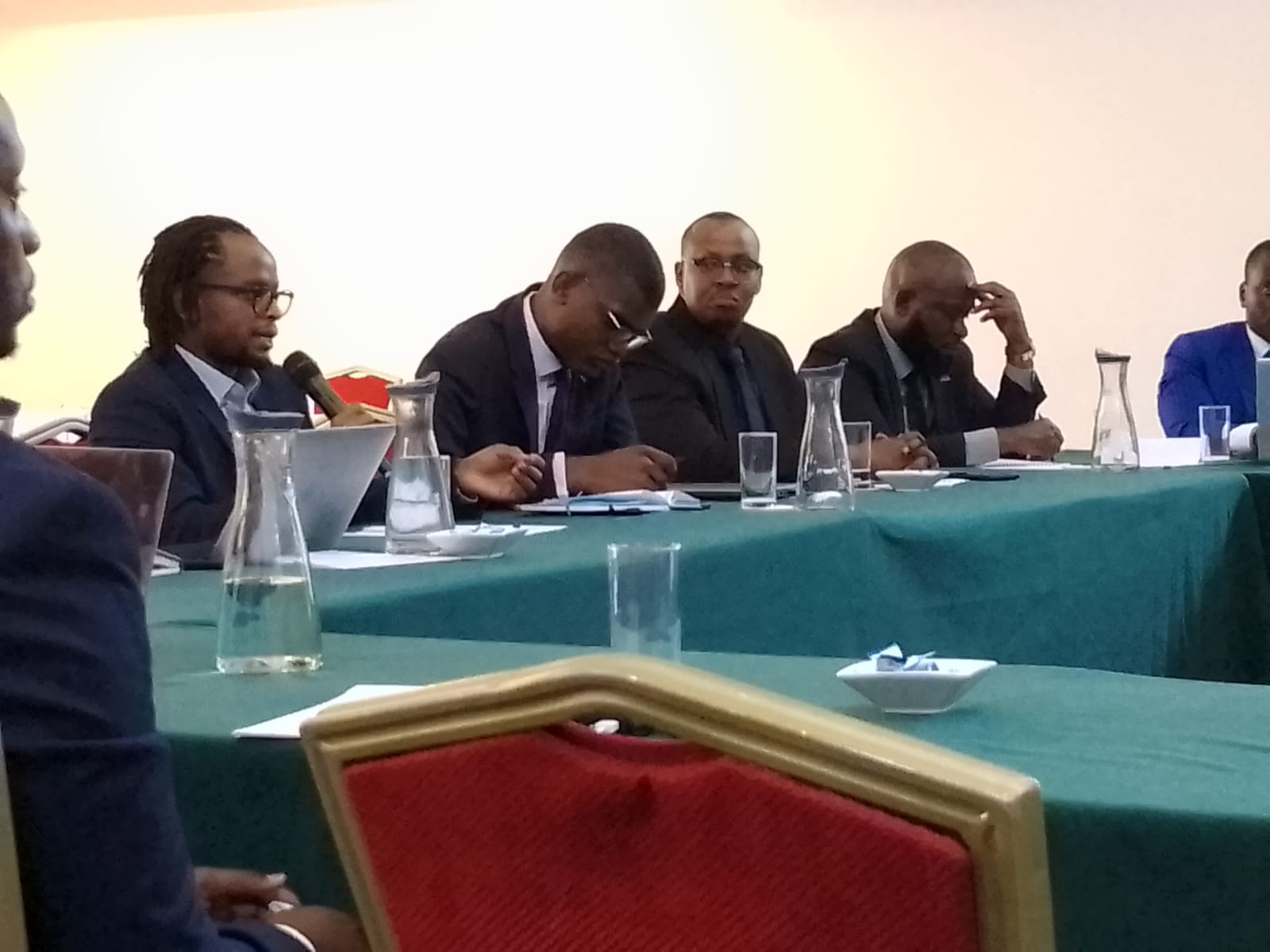
Members of Parliament have voiced growing concerns over slow reforms within the Kenya Prisons Service, citing poor living and working conditions, misuse of prison land, and a worrying increase in scams allegedly being run from behind bars.
During a session with officials from the Kenya Prisons Service, the Chairperson of the National Assembly’s Constitutional Implementation Oversight Committee (CIOC) Eric Karemba (Runyenjes), questioned the legal framework governing inmate labour.
He challenged Commissioner General Patrick Aranduh to clarify whether prisoners are being exploited under the guise of rehabilitation.
In his response, Mr. Aranduh addressed concerns surrounding the implementation of the Persons Deprived of Liberty Act, while fielding questions on prison land use, facility conditions, and the general welfare of inmates and officers.
Mejja Donk Benjamin (Embakasi Central) pushed for a forensic audit of the Appropriations-in-Aid (AiA) account, raising red flags over transparency in how prison-generated income is handled.
“Prisoners can be a productive asset. In China, they contribute to economic growth while gaining valuable skills. What’s your policy framework?” asked Mulanya.
Mulanya further called for a more structured approach to rehabilitation that prepares inmates for economic reintegration.
Mr Aranduh maintained that all prison land is in active use and that inmate labour remains rehabilitative rather than commercial.
“We have no idle land; it’s all engaged. Inmates work as part of rehabilitation, not for production,” he asserted, noting that a proposed Correctional Services Bill aimed at regulating inmate labour is still under review.
Meanwhile, William Kamket (Tiaty) raised the alarm over the rise of scams being operated from within prison walls, along with the chronic congestion in facilities.
“Scamming is rampant, and it’s eroding public trust. What concrete steps are being taken to tackle this?” he asked.
Mr. Aranduh acknowledged the issue but failed to offer a detailed strategy, prompting MPs to call for better technology-based monitoring and tighter internal controls to combat fraud.
He added that efforts to decongest prisons are ongoing through coordination with the Judiciary, with inmates being reallocated based on the severity of their offences. Still, he admitted that deeper, systemic reforms are necessary.
Mary Wamaua (Maragua) highlighted the dire state of both inmates and prison officers.
“Our prisoners are in tatters, barely clothed. And our officers are living in hardship. Why can’t they get allowances like teachers do?” She questioned.
Mr Aranduh responded, “We’ve distributed new uniforms nationwide, but the current budget can’t provide for every inmate consistently. As for hardship allowances, they’re only provided where public service guidelines allow.”
In closing, the Deputy Commissioner General emphasised ongoing reforms, including partnerships for inmate education, vocational training, and gradual implementation of the Moody Awori recommendations.
“Before we can transform prisons, we must first address the underlying causes of criminal behaviour. Rehabilitation must begin with readiness,” she said.
The CIOC pledged to continue advocating for comprehensive reforms, ranging from improved infrastructure and fair resource allocation to preserving the dignity of all within the correctional system.




